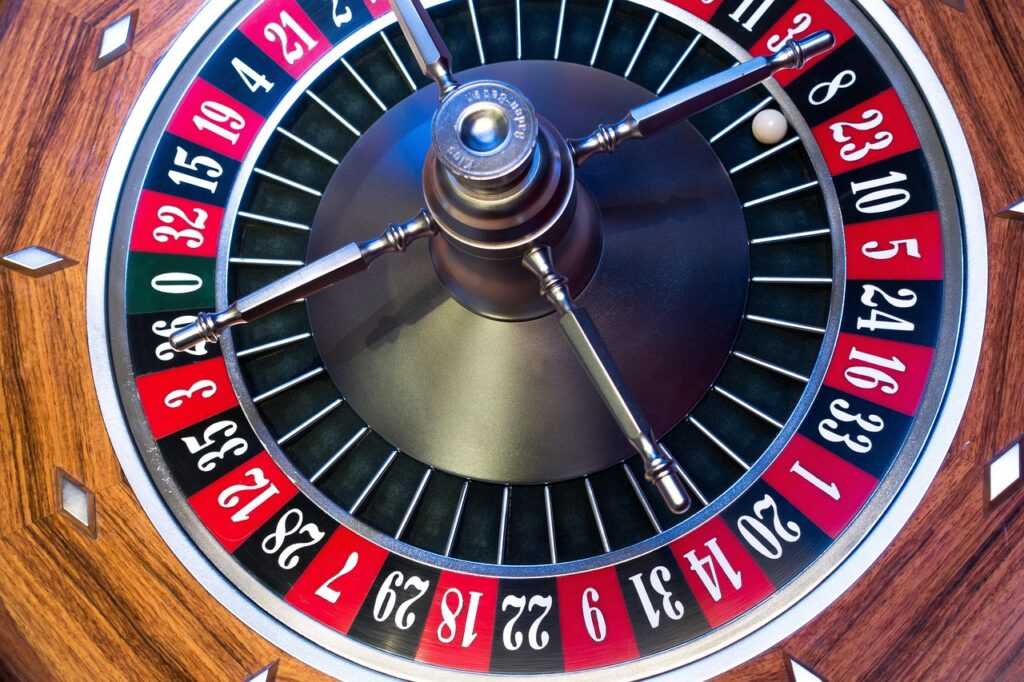Why Your Feelings Impact Your Bets
Emotions play a major role in decision making, especially when money and risk are involved. In betting, the psychological high and low of wins and losses can quickly lead to irrational behavior.
Emotional Thinking vs. Rational Betting
Understanding the difference between emotional and rational thinking is key to staying in control of your bets:
Emotional Thinking:
Impulsive decisions based on excitement, fear, or frustration
Overreliance on intuition or “gut feelings”
Reacting to recent outcomes rather than data or strategy
Rational Betting:
Decisions based on predefined limits and logic
Detached analysis of odds, risk, and value
Consistent approach regardless of emotional highs or lows
How Emotions Distort Perception
When you’re emotionally charged, your brain interprets risk and reward differently. For example:
Stress skews your risk/reward assessment, causing rushed decisions.
Excitement from a win may lead to aggressive bets and a false sense of invincibility.
Revenge betting after a loss often leads to chasing losses based on emotion, not value.
Common Emotional Triggers
Recognizing the emotional triggers that lead to poor betting can help you develop defensive strategies:
Wins: Can lead to overconfidence and betting larger sums irrationally
Losses: Often trigger desperation and attempts to win it all back
Gut Feelings: While tempting, they often override the data and increase risk
Staying aware of these triggers is the first step toward sharpening your strategy and betting with clarity rather than being steered by emotion.
The Most Common Emotional Pitfalls
Even the most experienced bettors aren’t immune to emotional slip ups. Whether it’s a sudden loss or the thrill of a win, emotions can easily override logic if left unchecked. Here’s a breakdown of the most frequent traps that can sabotage your betting decisions.
Chasing Losses: The Danger of Desperation
One of the most destructive emotional impulses is trying to immediately win back what you’ve lost. This often leads to reckless decisions, betting larger than usual, or wagering on events you haven’t researched just for the chance to recover quickly.
Driven by panic or frustration
Leads to riskier and poorly thought out bets
Often results in deeper financial and emotional setbacks
Overconfidence After a Win Streak
Winning feels good but it can also distort your risk awareness. A few wins in a row might make you believe you’re on a hot streak or have a system that can’t fail. That illusion can cause you to raise your stakes, ignore strategy, and take unnecessary chances.
Creates a false sense of invincibility
May cause you to ignore past failures or variance
Often followed by a harsh correction (i.e., losses)
Anchoring to Past Outcomes
Anchoring is when you give disproportionate weight to past events even if they’re irrelevant to the current situation. Just because a certain bet worked once (or failed miserably) doesn’t mean history will repeat itself.
Distorts current risk assessment
Prevents objective evaluation of new information
Encourages irrational streak based logic
Falling for “Sure Things”
It’s easy to get swept up in emotion when a bet seems obvious. Phrases like “they can’t lose” or “this one’s a lock” are often tied to hope, bias, or peer pressure. Emotionally skewed optimism can blind you to real odds and risks.
Based on subjective desire, not data
Encouraged by social influence or media hype
Undermines analytical thinking
Dig Deeper Into Emotional Bias
For a more detailed look at how emotions shape betting behavior, check out this deep dive: emotional betting effects
What Brain Science Says

Your brain isn’t built for betting it’s built for survival. And in the wild, taking chances sometimes meant finding food or staying alive. That’s where dopamine comes in.
Every time you place a risky bet, your brain fires off dopamine, a chemical tied to reward and pleasure. It’s the same spark you get from sugar, social media likes, or a text from your crush. In gambling, that dopamine hit happens not just when you win, but when there’s suspense. The uncertainty itself becomes addictive. Win or lose, your brain lights up, urging you to try again.
Uncertainty messes with decision making. Psychologists call it emotional bias your brain starts valuing the thrill over the actual odds. Rational thinking takes a back seat. You feel like you’re making good decisions, but really, you’re reacting to chemical jolts, not math or logic.
This is why smart betting isn’t intuitive. You can know the odds cold and still make bad calls if you’re chasing a feeling. The system’s rigged not by the odds, but by your brain chemistry. If you want to beat the trap, you’ve got to understand what’s driving your choices from the inside out.
How to Stay Clear Headed
Emotions run high in betting so having a firm plan before placing any bets isn’t just smart, it’s essential. Start with a strategy that makes sense on paper. Budget your bankroll. Define your bet types and risk levels. If you’re making it up as you go, you’re already behind.
Next, track how you feel. A bet journal or tracking app isn’t just for recording outcomes it’s a mirror. Logging your mindset before and after bets shows patterns you won’t notice in the moment. Were you angry when you doubled down? Euphoric after a win streak? Patterns matter.
Cooling off periods are another underrated tool. Set a timer. Take breaks especially after wins or losses. Give your brain time to reset. Combine that with daily limits you respect. When the money’s gone, you’re done. No negotiation.
Finally, train emotional discipline like any other skill. It’s not about being cold it’s about being in control. Catch the tilt early. Learn your triggers. If emotions are steering the wheel, you’re not really betting you’re guessing.
For more on the link between emotions and poor decision making, check out this deep dive.
Tactical Moves That Keep You in Control
There’s no room for guesswork when money’s on the line. Smart betting starts before the first wager, with a clear bankroll allocation. Decide up front how much you’re willing to risk daily, weekly, or per session. This isn’t a suggestion; it’s your firewall. Stick to it like it’s law. Once it’s gone, you’re done for the day.
Ego is another hidden cost. Wins feel good. Losses sting. But if you link your self worth to the outcome of a bet, you’re setting emotional traps. Success in betting is about process, not pride. Let the results be data, not identity.
Set rules for when to stop whether you’re up or down. Lock in a win target or a loss limit before you log in. No moving the goalposts mid session. This prevents emotional tilt, where one bad beat turns into a spiral.
And when it’s time to walk away? Walk. Don’t hang around thinking you can flip losses or double your wins. Consistency over chaos. You don’t have to win today. But you do have to make it to tomorrow.
The Bottom Line on Emotionally Smart Betting
Awareness is your first and best defense. If you’re not paying attention to how you feel before and after a bet, you’re already playing from behind. You don’t need to be a therapist just honest. Start noticing if you bet more after a loss, or chase bigger wins after a streak. That’s not strategy. That’s emotion talking.
Consistency, not intensity, keeps you in the game. Adrenaline might feel good in the moment, but it burns out fast. The smarter path? Build routines, stick to your pre committed limits, and log your bets with notes on your mindset. It’s boring but it works.
Long term success doesn’t come from high drama or hot streaks. It comes from showing up with discipline. That means staying level whether you’re winning or losing, and knowing that slow, steady control beats emotional swings every time. Betting, at its core, is just data and decisions. The moment it turns into a thrill ride, you’ve lost the script.


 Elizabeth Kaylor – Author
Elizabeth Kaylor is an experienced author and contributor at Smart Gamble Land. Specializing in casino game mastery and player psychology, Elizabeth provides readers with in-depth tips on how to approach popular casino games with confidence and precision. Her expertise in understanding player behavior, game dynamics, and strategy allows her to craft engaging content that appeals to both novice and experienced gamblers alike. Elizabeth's insightful articles offer readers the tools they need to thrive in high-stakes environments.
Elizabeth Kaylor – Author
Elizabeth Kaylor is an experienced author and contributor at Smart Gamble Land. Specializing in casino game mastery and player psychology, Elizabeth provides readers with in-depth tips on how to approach popular casino games with confidence and precision. Her expertise in understanding player behavior, game dynamics, and strategy allows her to craft engaging content that appeals to both novice and experienced gamblers alike. Elizabeth's insightful articles offer readers the tools they need to thrive in high-stakes environments.
